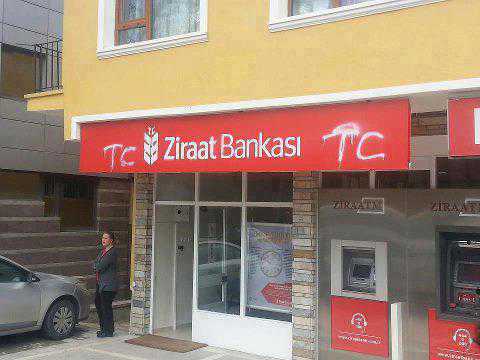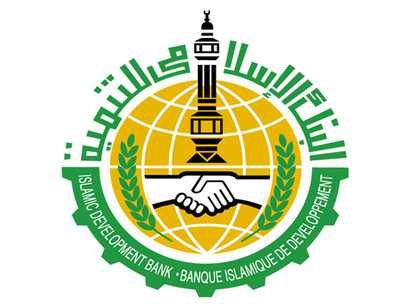(Reuters) – Ziraat Bank, Turkey’s largest state-run lender, is planning an Islamic bank, known locally as a “participation bank”, and would consider going into partnership with a foreign lender, General Manager Huseyin Aydin.

After proceeding slowly with the development of Islamic finance for years, partly because of the sensitivities of its secular political system, Turkey has recently begun to tap the sector, issuing its first sovereign sukuk last September.
The development of Turkey’s sukuk, or Islamic bond, market is of interest to countries around the world, since Turkey’s fast-growing economy could become a major issuer of Islamic debt and influence trends throughout the industry.
“Ziraat Bank is working towards establishing a participation bank, we have set some people to work on this subject. This bank will be established as a separate bank,” Aydin said late on Friday.
The bank had so far not received a partnership request for the venture but that they would be open to talks.
“If there is a request we will consider it. However, there cannot be a situation where we are not in control. It would have to be a system where we are the majority shareholder, a system that we can direct,” he said.
Because of political sensitivities, and to adhere to local law, Islamic banks in Turkey describe themselves as participation banks and sukuk are described as participation certificates, a reference to the fact that instead of paying investors interest, they pay returns on a pool of assets.
There are currently four participation banks operating in Turkey: Albaraka Turk, Bank Asya, Kuveyt Turk and Turkiye Finans. Kuveyt Turk, a unit of Kuwait Finance House, issued the country’s first sukuk in 2010.
After Turkey’s landmark September issue of a $1.5 billion sukuk, which drew massive demand, it has now issued three sukuk, two of them lira-denominated totalling 3.14 billion lira ($ 1.75 billion) and one dollar-denominated worth $ 1.5 billion.
Turkey is now also working on new regulations to allow wider use of Islamic bonds, which could see sukuk issues employed by the government and corporations for project finance and infrastructure development.
Ziraat is Turkey’s largest state-run bank and its second- largest by assets after Is Bank, with 162.9 billion lira ($90 billion) in assets. Its net profit rose 26 percent last year to 2.65 billion lira.
General Manager Aydin told Reuters in February the bank was being prepared for a possible IPO although there was no final decision on the timing of a sale. Sources close to the matter have said up to a quarter of the bank could be sold next year in what Ziraat hopes will be one of Turkey’s biggest stock market listings. (Reporting by Ebru Tuncay; Writing by Jonathon Burch; editing by Ron Askew)
via Turkey’s Ziraat says working to set up Islamic bank | Reuters.





